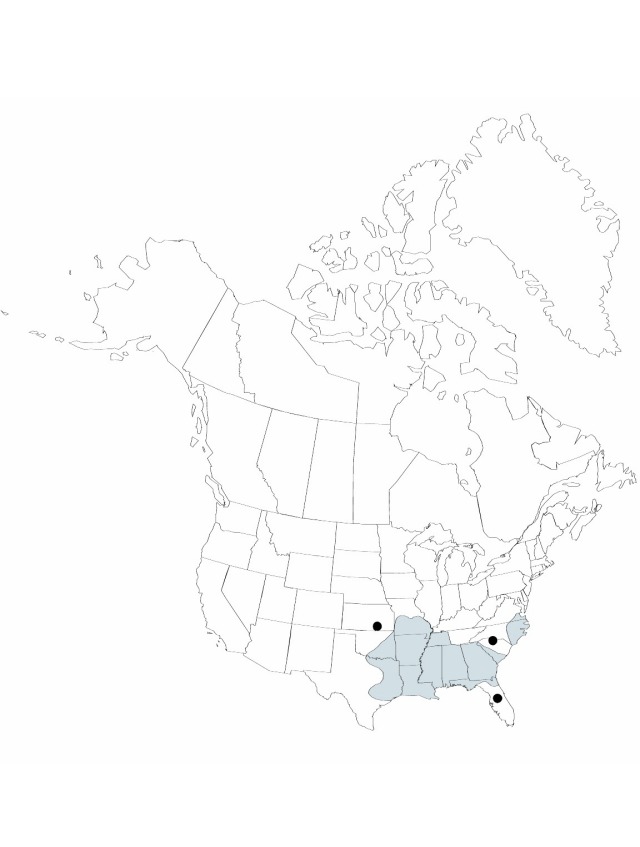familyJuncaceae
genusJuncus
subgenusJuncus subg. Septati
speciesJuncus validus
varietyJuncus validus var. validus
Difference between revisions of "Juncus validus var. validus"
Endemic
Treatment appears in FNA Volume 22.
imported>Volume Importer |
imported>Volume Importer |
||
| Line 46: | Line 46: | ||
|publication year= | |publication year= | ||
|special status=Endemic | |special status=Endemic | ||
| − | |source xml=https:// | + | |source xml=https://bitbucket.org/aafc-mbb/fna-data-curation/src/2e0870ddd59836b60bcf96646a41e87ea5a5943a/coarse_grained_fna_xml/V22/V22_588.xml |
|genus=Juncus | |genus=Juncus | ||
|subgenus=Juncus subg. Septati | |subgenus=Juncus subg. Septati | ||
Latest revision as of 20:32, 5 November 2020
Inflorescences 10–30 cm; heads 20–30-flowered. Capsules exserted, valves separating at dehiscence. 2n = 40.
Phenology: Fruiting late spring–fall.
Habitat: Moist to wet open sites, usually sandy, sometimes peaty, exposed or marshy shores of ponds, lakes, and streams, ditches, and fields
Elevation: 0–100 m
Distribution

Ala., Ark., Fla., Ga., Kans., La., Miss., Mo., N.C., Okla., S.C., Tenn., Tex., Va.
Discussion
Juncus validus var. validus closely resembles J. polycephalus but differs in having complete septa, long-exserted capsules, and terete stems.
Selected References
None.
Lower Taxa
None.